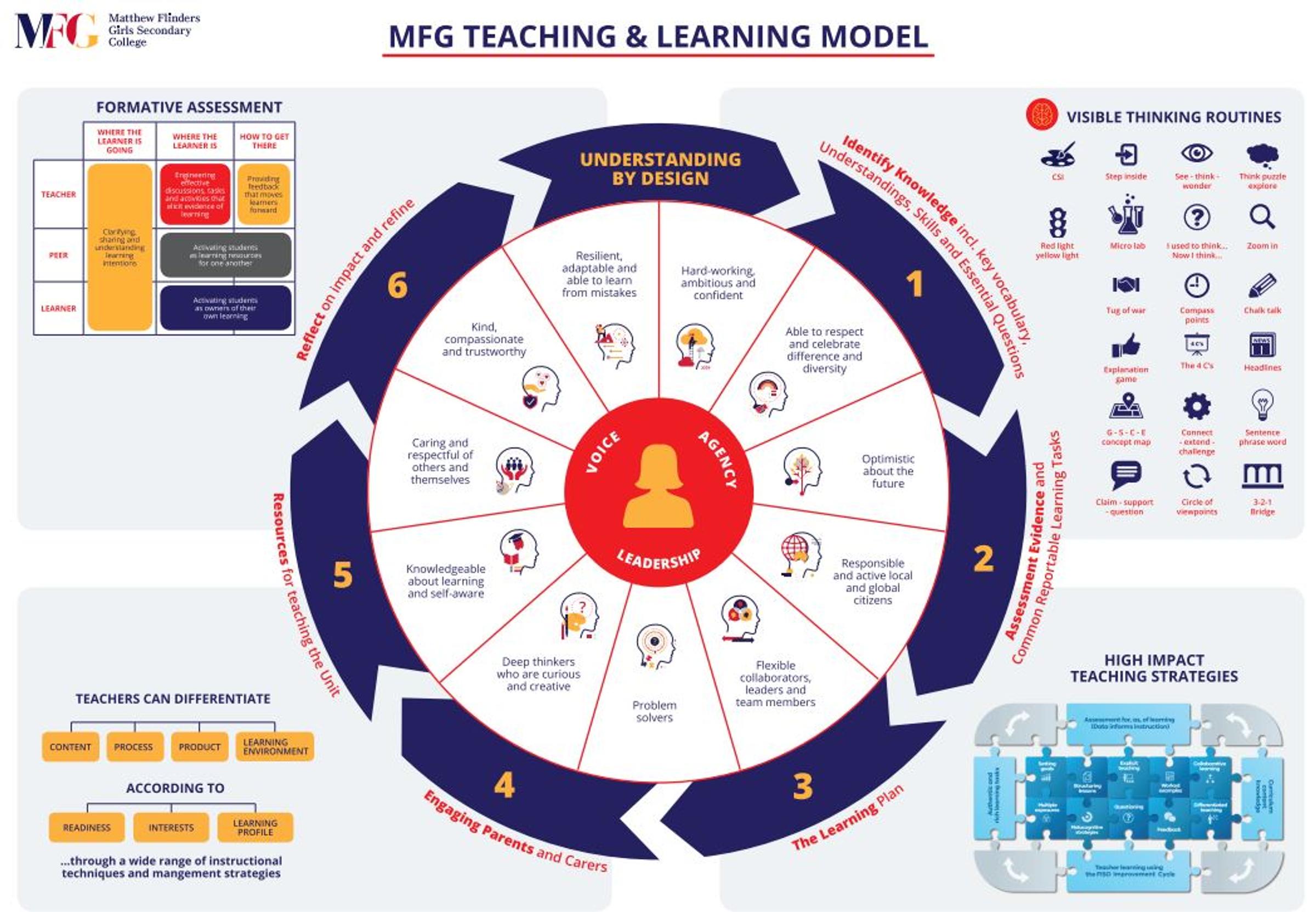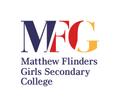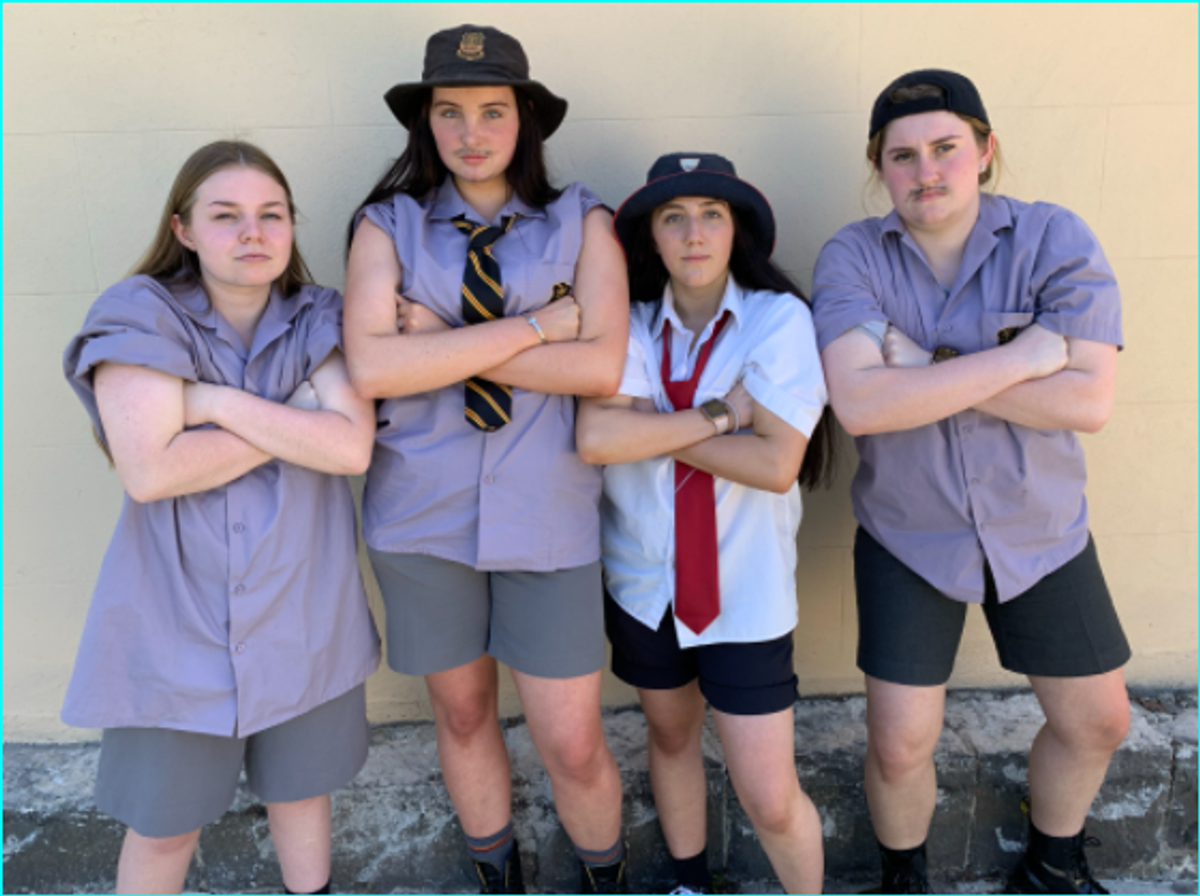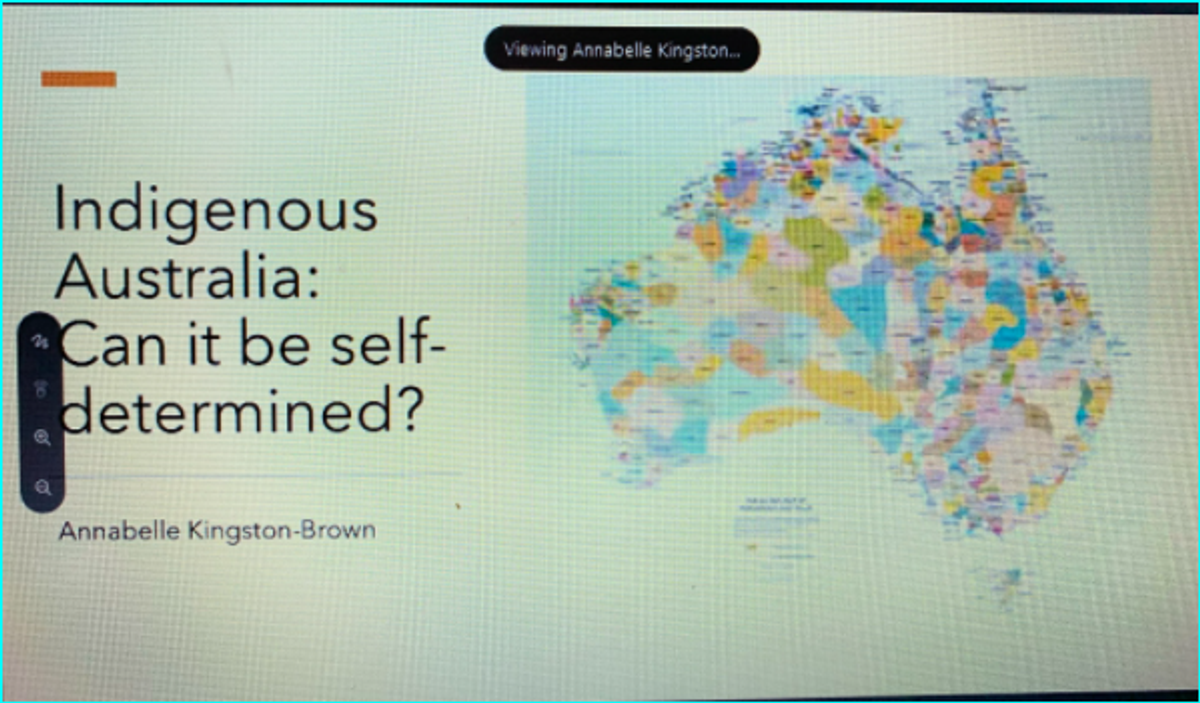Learning and Teaching

International day of the girl – October 11th
In 1995 at the World Conference on Women in Beijing countries unanimously adopted the Beijing Declaration and Platform for Action – the most progressive blueprint ever for advancing the rights of not only women but girls. The Beijing Declaration is the first to specifically call out girls’ rights.
On December 19, 2011, United Nations General Assembly adopted Resolution 66/170 to declare October 11 as the International Day of the Girl Child, to recognize girls’ rights and the unique challenges girls face around the world.
The International Day of the Girl Child focuses attention on the need to address the challenges girls face and to promote girls’ empowerment and the fulfilment of their human rights. Promoting girls’ empowerment is central to our day to day work at MFG. We know girls have the potential to change the world – both as the empowered girls of today and as tomorrow’s workers, mothers, entrepreneurs, mentors, household heads, and political leaders.
In 2021 we commemorate the Generation Equality Forum (GEF), launching 5-year commitments from civil society leaders, governments, corporations and change makers from around the world for bold gender equality impacts. At the same time, we are in the second year of the COVID-19 pandemic. The pandemic has accelerated digital platforms for learning, earning and connecting, while also highlighting girls’ diverse digital realities.
Girls know their digital realities and the solutions they need to excel on their diverse pathways as technologists for freedom of expression, joy, and boundless potential. Let’s amplify the diversity of these tech trailblazers while simultaneously widening the pathways so that every girl, this generation of girls – regardless of race, gender, language, ability, economic status and geographic origin – lives their full potential.
https://www.un.org/en/observances/girl-child-day
Skill E-Cademy for Years 8 to 10
Speaking of digital realities, our students will be participating in the Skills E-Cademy program offered by the Department of Education in Term 4, designed for teams of students in years 8 to 10, aims to expand students’ understanding and experience of careers in the creative media industry.
Our students will enjoy the opportunity to meet industry experts, upskill in interactive and immersive digital media and explore careers first-hand.
Using Minecraft: Education Edition, teams of students will have the opportunity to undertake multi-discipline and self-directed projects, supported by current industry mentors.
This term, two projects will be available:
- Taste It: two introductory lessons for self-guided student team learning. This is the compulsory entry point into the program for all teams
- Build It: students design, build and market a mini game to be used by other students (available to students who have completed the ‘Taste It’ project).
GAT (General Achievement Test)
A big congratulations to our Year 11 and 12 students who completed the GAT on Tuesday 5th October. After having been rescheduled a number of times I know many of our students breathed a big sigh of relief when it was finally over but felt that they handled the questions well in addition to the challenges with completing a 3 hour exam.
So what role does the GAT play?
All students enrolled in one or more VCE or scored VCE VET Unit 3 and 4 sequences must sit the GAT.
GAT results:
- do not count directly towards a student’s VCE results
- help check that school-based and external assessments have been accurately assessed
- contribute to statistical moderation of school-based assessment results
- help calculate Derived Examination Scores
- determine scores in school-based assessment, external assessment and if a derived examination score is required due to illness, accident and trauma.
There is a close correlation between receiving good GAT results and academic achievement.
Some GAT questions relate more closely to achievement in particular studies. The VCAA takes this into account when it calculates students’ expected achievements in each study for each school. For example, GAT results in mathematics, science and technology play only a minor part in calculating students’ expected achievements in humanities studies.
Well done again to our students for showing mental toughness and resilience!
Extended Investigation – Annabelle Kingston-Brown
While I’m congratulating students, I can’t overlook Year 12 student Annabelle-Kingston-Brown who is close to the end of her project as part of her study of VCE Unit 4 Extended Investigation.
Annabelle recently submitted a 4000+ word research report and gave a 10 minute oral presentation to a VCAA panel about her study, research, methodology and findings. Annabelle explored the failure of the Closing the Gap in that it does provide a framework for indigenous Australians to experience self-determination. Her study aimed to find the best form of self-determination that would provide Indigenous Australians with a framework that will enable them to achieve the goals as set out by the Closing the Gap.
Annabelle was the first MFG student to ever undertake this subject and she has been a trail-blazer for future MFG students!
How students read words
This is a fascinating Research-Based Explanation of How Children Learn to Read Words. With over 150 published papers, Linnea Ehri has been one of the most influential and cited reading scientists in the past 40 years. One of 14 members of the U.S. National Reading Panel (1997-2000), she served as Chair of both the Phonemic Awareness and the Phonics subgroups of the Panel. The full report of the Panel can be found here.
https://www.parkerphonics.com/post/the-essential-linnea-ehri
KEY DATES FOR TERM 4
Please note the following key dates for Term 4:
- Tuesday 9th November – Year 10 Exams begin
- Wednesday 10th November – VCE Unit 2 (Year 11) Exams begin
- Monday 22nd November – Curriculum Day (no students at school)
- Wednesday 24th November – Early Commencement Program (ECP) Change-over day (no students at school)
- Thursday 25th November – ECP Begins
- Friday 3rd December – last day for ECP for students currently in Years 10 and 11
- Wednesday 8th December – last day of ECP for students currently in Years 7 to 9
- Thursday 9th December – Activities Program begins
TIPS FOR PARENTS AND CARERS WHEN USING COMPASS
- 1. If you’re using Compass to look at student progress, teacher feedback etc, use a laptop/computer and not a phone.
- 2. Prior to coming to MFG for a Parent-Teacher-Student Conference, do some ‘detective work’ using Compass. You could look at:
- ATTENDANCE – do any absences need to be approved by me?
- TASKS – Are they on-time, over-due or pending?
- FEEDBACK – click on the Learning Task and the Feedback Tab:
- 3. Any task in ALL-CAPITALS is a CRLT (Common Reportable Learning Task). These are usually the important assessments. Focusing on how your child performed on these will save you time when looking at their list of Learning Tasks.
- 4. ROUTINE: Develop a routine of using Compass. My son is in Year 8 and I have a quick scan of his Learning Tasks every Thursday so I know what to ask him about.
Damien Toussaint, Assistant Principal, Learning and Teaching





